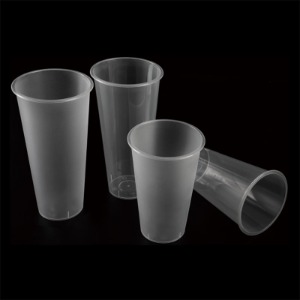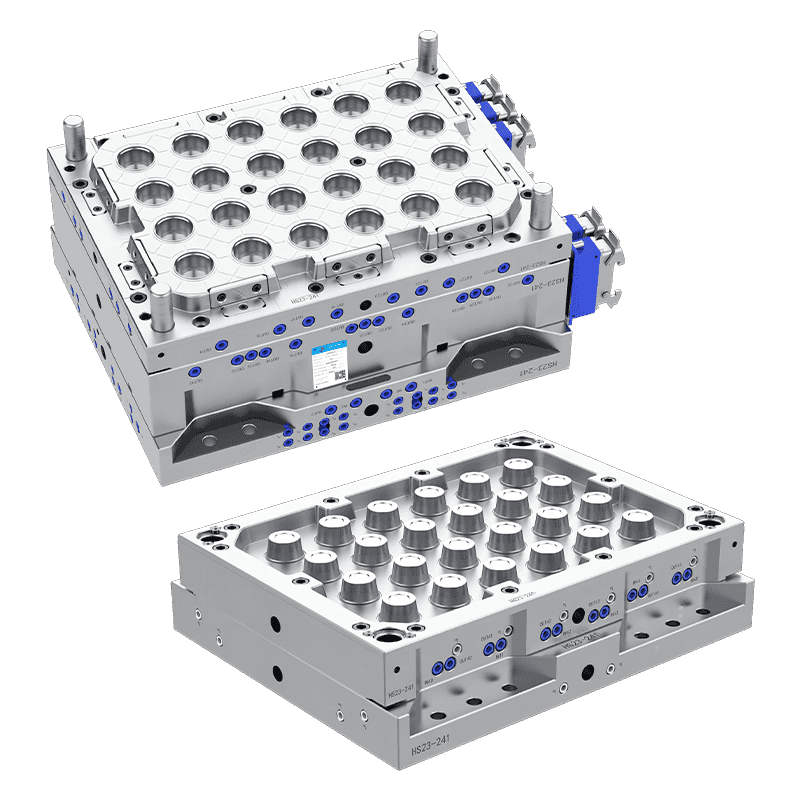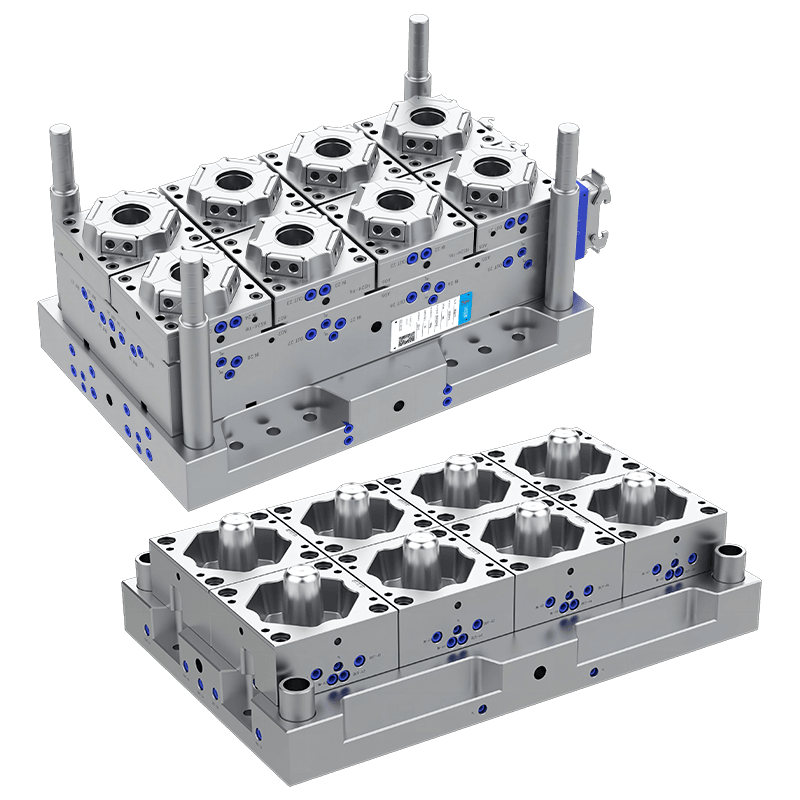Growing Demand for Customized Plastic Cup Moulds in a Changing Market
Demand for unique plastic cups is growing, leading to an increased need for customized mould for plastic cup manufacturing. As consumers and businesses seek eco-friendly materials and unique shapes, plastic cup mould customization has become essential for producers aiming to stand out. This article explores current market demands, the role of customization, technical challenges, and the future of custom moulding in the plastic cup industry.
1. Market Demand for Diverse Plastic Cups
With growing emphasis on sustainability and branding, consumers and companies are looking for specific qualities in plastic cups that can only be achieved through customized plastic cup mould services. This demand is fueled by a range of needs:
*Eco-Friendly Materials: There is an increasing call for cups made from biodegradable or recyclable materials. Customizing a mould for plastic cups that are eco-friendly can help meet these environmental goals while aligning with consumer preferences.
Disposable Plastic PP Cup Mold
*Unique Shapes and Designs: Many brands want cups that represent their brand image. Custom designs, including unique shapes or textures, are now key differentiators in the market. A customized plastic cup mould enables these companies to stand out with distinct product offerings.
*Functional Needs: In some cases, consumers may seek specific features, such as double-walled cups for insulation or cups with specific ergonomic designs. Moulds for plastic cups tailored to these functional needs make it possible to meet diverse requirements without compromising production efficiency.
2. Customized Moulding Services: Meeting Diverse Client Needs
As the market evolves, manufacturers are offering more customized plastic cup mould solutions to meet varied demands. Here's how mould manufacturers are adapting to serve their clients' individual requirements:
Tailored Design and Prototyping
Many moulding companies now work directly with clients to develop unique moulds from the initial concept. This process often includes:
*Collaborative Design: Clients work closely with designers to ensure that the mould reflects the desired style, shape, and branding.
*3D Prototyping and Testing: Before full production, many manufacturers use 3D printing for initial prototypes, allowing clients to test and refine their designs. This prototyping process ensures that the mould for plastic cup meets all specifications.
Materials Selection for Specific Market Needs
Given the increasing preference for environmentally-friendly materials, plastic cup mould manufacturers are finding ways to accommodate different material needs. This includes developing moulds compatible with biodegradable resins or plant-based plastics. Customizing for specific materials may involve adjustments to the mould's structure and design, ensuring the finished product's quality and durability.
Scalable Production Flexibility
Custom moulding services also consider production scale, enabling manufacturers to create small batches for niche markets or large volumes for mass-market appeal. With flexible production options, manufacturers can address the demands of small businesses, larger brands, and everything in between. Scalability in plastic cup mould manufacturing means that businesses can scale their offerings based on demand without compromising quality.
3. Technical Challenges in Custom Mould Manufacturing
While custom moulds for plastic cups allow companies to offer tailored products, the customization process is not without its challenges. Below are some of the main technical hurdles faced in the industry, along with potential solutions.
Complex Mould Design and Engineering
Creating a plastic cup mould that fits unique designs or material specifications can be complex. Moulds must be precisely engineered to account for specific product dimensions, thickness, and intricate shapes. Solving this challenge often requires:
*Advanced CAD Modeling: Computer-aided design (CAD) allows for detailed planning, minimizing errors in complex designs.
*Precision Machining: Using CNC machines to create intricate mould components ensures high precision and consistency in the mould production process.
Materials Compatibility
When working with sustainable materials or specific types of plastics, mould manufacturers may face issues with material compatibility. Some eco-friendly plastics may be more brittle or require lower temperature settings. To address this, mould makers are:
*Researching Material Properties: By understanding the thermal and physical properties of the plastics being used, manufacturers can adjust mould temperatures and injection speeds accordingly.
*Using Specialized Coatings: Applying protective coatings to the mould can prevent material adherence and improve the lifespan of the mould for plastic cup.
Quality Assurance and Testing
With custom designs, quality assurance is essential to ensure that each plastic cup meets the required standards. Inconsistent shapes or defects in the final product can lead to wasted materials and higher production costs. To enhance quality control, manufacturers use:
Automated Quality Checks: Automated inspection systems help catch inconsistencies in real-time, reducing waste and ensuring product uniformity.
Rigorous Testing: Testing of prototypes helps manufacturers fine-tune the mould before mass production, ensuring the final product aligns with client expectations.
4. Future Outlook: The Growth of Customized Plastic Cup Mould Market
The future of plastic cup mould customization is promising, driven by growing consumer demand for personalized products and eco-friendly materials. As the industry continues to evolve, several trends are likely to shape the market:
Increasing Demand for Sustainability
Environmental concerns are expected to drive demand for customized moulds for plastic cups compatible with sustainable materials. As governments implement stricter regulations on single-use plastics, businesses will turn to custom moulding solutions to create recyclable, biodegradable, or compostable cups. In response, manufacturers will continue to innovate by developing moulds that work with a wider range of sustainable materials.
Advanced Customization Technologies
With advances in manufacturing technology, custom moulding will become more precise and efficient. The use of 3D printing in prototyping will continue to rise, reducing development time and costs. Additionally, AI-driven design software and automated quality checks will further streamline the custom moulding process, enabling manufacturers to meet demand more effectively.
Growth in Niche Markets
As consumer demand becomes increasingly specific, more niche markets are likely to emerge. For example, the fitness and wellness industries may seek cups that support on-the-go lifestyles, while luxury brands may look for unique shapes and finishes to differentiate their products. Custom plastic cup mould solutions will cater to these niche markets, allowing manufacturers to develop products that meet specialized demands.
Contact Us
Email: [email protected]; Or fill out the contact form below.

 English
English 中文简体
中文简体 русский
русский Español
Español Français
Français





